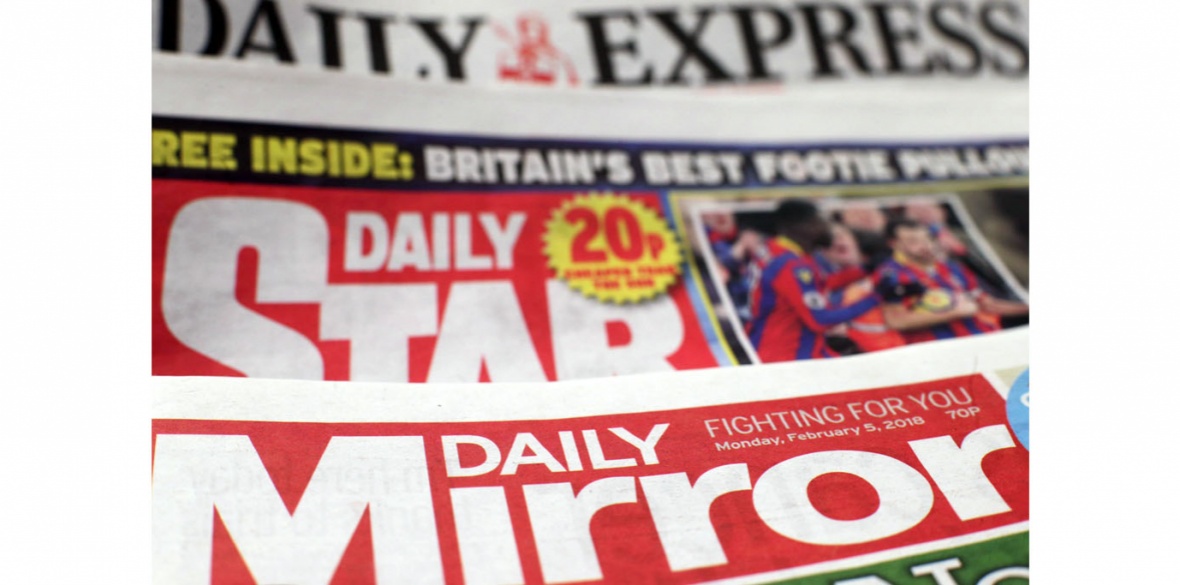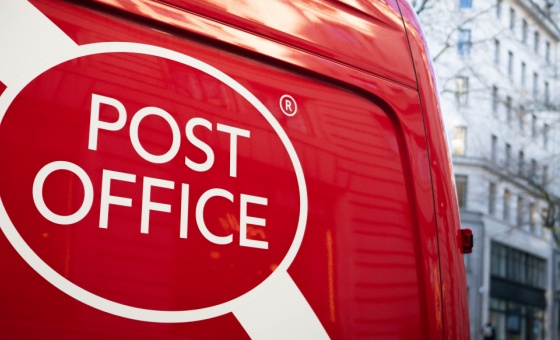This is the last article you can read this month
You can read more article this month
You can read more articles this month
Sorry your limit is up for this month
Reset on:
Please help support the Morning Star by subscribing here
ON MAY 9, by 304 votes to 295, Parliament killed off the Leveson Inquiry.
The vote effectively ended an extraordinary challenge to power and corruption in Britain, which came so close to transforming the national press mouthpieces of the powerful into independent news media with a degree of social responsibility.
This failure to get them to sign up to a responsible system of self-regulation was a blow to reformers, who now have to reconfigure their work into a new assault on media power.
Lord Justice Leveson’s Inquiry of 2011-12 had exposed the true relationships between government, the police and the press like never before.
Prime Ministers, owners and editors of national papers and police chiefs were summoned to give accounts of the way they networked.
Some may have been less than frank in their responses but their muttered denials were almost as telling as their statements.
The inquiry was put on hold for a series of criminal trials on phone-hacking and bribery charges, and although the real bosses escaped, half a dozen senior journalists did go to prison — an astounding occurrence.
After the trials, Leveson was supposed to resume and look into these crimes. But the papers ran a forceful campaign and the government happily gave in and scrapped it.
At the same time, Parliament was lining up a vote to confirm the last elements of Leveson’s original proposals: the incentives in the 2013 Crime and Courts Act (CCA) for publishers to offer cheap redress to everyone with complaints against them.
Facing a bigger defeat, the Labour Party withdrew its move to enforce them and that was the formal end to a seven-year war.
It was a war, not for control of territory, but for democracy — media democracy, the acceptance of a structure in which all media could enjoy freedom of publication but be required to take responsibility for what they publish afterwards.
The only people who don’t like this idea are the owners and editors of the corporate media — newspapers, websites and magazines — and government ministers, who prefer a national press that can exercise its duty to hold them to account with, shall we say, discretion.
After their victory, it will be back to British business as usual with a desperate right-wing government pandering to a rampant right-wing press.
In a way it is even worse: when Parliament ditched the plans to incentivise publishers to offer the arbitration of complaints — by means of a potential threat of higher costs for court cases — the government took power to control any such dispute resolution system itself.
The CCA had granted this power to the Press Recognition Panel (PRP), a body meticulously established to be free of government influence. But in Parliament, the reptilian Culture Secretary Matt Hancock pushed through an amendment to appoint himself to the role.
It was introduced at the last minute and passed without proper debate, in an astounding act of double dealing, since the national press’s rallying cry against Leveson’s modest reforms has always been that they constituted state control.
The whole point of Leveson’s plans was to avoid this. But now the state has the power to endorse any derisory scheme the media owners choose to adopt through their stooge “self-regulator” the Independent Press Standards Organisation (Ipso).
The Sun gave the game away in an editorial column: “The government, and Culture Secretary Matt Hancock, have saved the free press from near-extinction. We salute them.”
This was doubly false. There never was a threat of extinction, but now there is one of state interference.
The purpose of arbitration is to settle complaints without incurring the fantastic costs and time consumed by defamation cases in the courts, which favour publishers over all but the very rich.
The CCA had come into law without the section on enforcing the arbitration system, which was delayed to give the regulators time to work out their structures; that is what Parliament voted to repeal.
All along, Ipso dragged its feet on arbitration. After two years it grudgingly introduced a voluntary scheme, which publishers were not required to join, nor to agree to arbitrate every complaint even if they did.
There were restrictive conditions for complainants on costs and awards, and not a single case was ever brought.
In April it announced what it called a “compulsory” scheme, though signing up to it is still voluntary; some have chosen to join, some not.
If they do, they will have to accept arbitration, provided Ipso considers the case is “genuine.”
The amount that arbitrators can award, and the limit to the costs that complainants can recover have been raised but are still restricted compared with the courts.
Hancock said in Parliament: “I think that the low-cost arbitration they brought in is good for the press and good for ordinary people who want redress.”
The change he was proposing gave authority to the Culture Secretary to review it to ensure its continuing “use and effectiveness.”
It would be “up for the government of the day” to decide how to proceed if the culture secretary was unhappy with the outcome of the review. If that is not state control, what is?
The rest of Leveson’s self-regulatory edifice will remain however, with a new fairer system working through a new regulator called Impress.
Trouble is: none of the big papers or their websites will have anything to do with it, and now there is no way of getting them to do so.
This leaves reformers needing to find a new approach, a need exacerbated by the imminent demise, announced this week, of the Campaign for Press and Broadcasting Freedom (CPBF).
This is a labour movement group founded in 1979 by the unions to confront the growing power of the media monopolies. The contraction of the media unions and the growing pressure on their resources have hit it hard and it can’t afford to go on.
But, working alongside other groups in the Media Reform Coalition (MRC) it is still having its successes, notably against the iconic media monopolist Rupert Murdoch.
Twice in the last eight years he has set out to buy up the whole of Sky TV, and twice he has failed in the face of long and dogged resistance.
The outcome of the heavyweight fight between the monster US media corporations for control of his empire is too convoluted to predict, and only one thing is sure: Murdoch will never get full control of Sky News, a decades-old ambition.
The MRC is preparing a new structure but it will be difficult to replicate the CPBF’s involvement of media workers.
It had led the right to reply campaign of the 1980s, when the unions succeeded in stopping some of the worst attacks on comrades striking to resist Thatcherism, and then backed the printers when their turn came at Wapping – at the hands of Rupert Murdoch. Who else?











